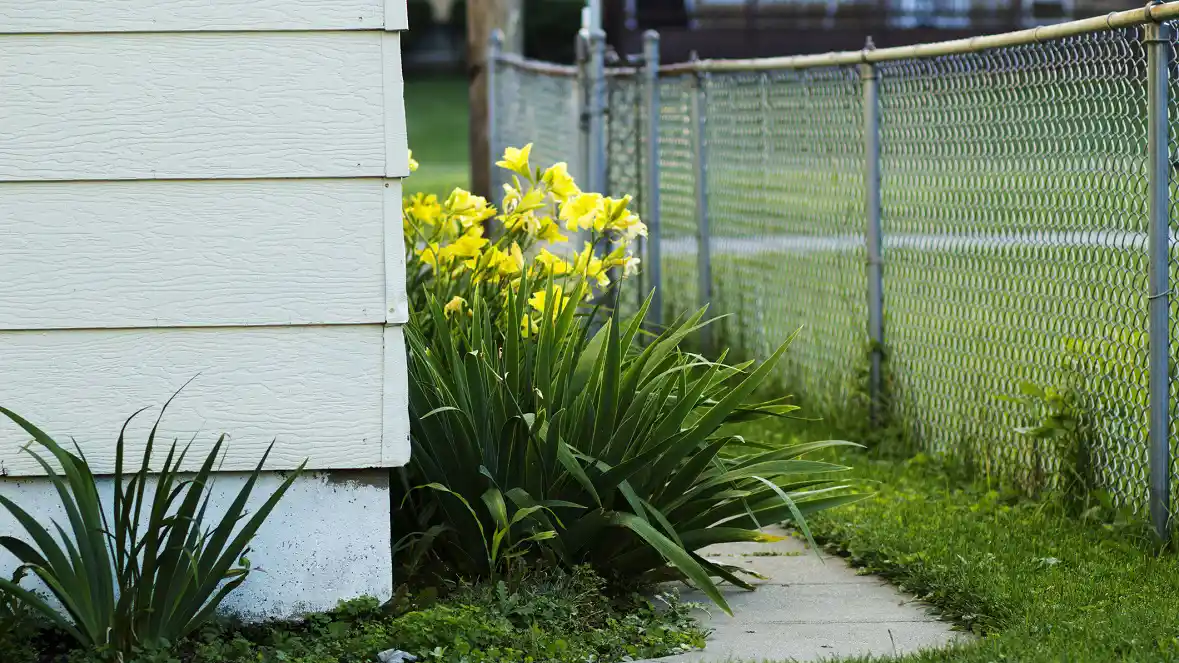Servicing All Areas Around Brisbane, Gold Coast and Northern New South Wales

Installing a chain wire fence is one of the fastest and most efficient ways to secure your property. Unlike some fencing systems that require extensive groundwork or long curing times, chain wire fencing can often be completed within just a few days — depending on your site conditions and project requirements. In this article, we’ll explore the key factors that influence installation timelines and what to expect throughout the process.
Type of Fence: The type of fence you choose plays a significant role in determining the installation time. A chain wire or chain mesh fence is one of the quickest fencing systems to install, offering both speed and strength without compromising quality.
Perimeter Size: The overall length of your fence line directly impacts installation time. Larger properties with extensive boundaries naturally require more time for post setting and wire tensioning compared to smaller residential areas.
Site Preparation: The condition of the installation site also matters. If the ground is level, clear of debris, and accessible, installation will progress much faster. However, if the site requires clearing, grading, or levelling, additional preparation time may be needed before installation can begin.
Weather Conditions: Unpredictable weather can influence the installation schedule. Heavy rain, strong winds, or extreme heat can slow progress or delay concrete curing. If you need your fence completed within a specific timeframe, it’s best to check long-range forecasts and discuss contingency plans with your fencing contractor.
Ground Conditions: The type of soil plays an important role. Rocky or compacted ground requires more effort for drilling post holes and securing footings, while softer ground allows faster excavation. Your fencing contractor will adjust equipment and footing depths to suit the soil type.
Access and Site Logistics: Installation timelines can also depend on how easily machinery and materials can reach the site. Narrow access points, sloped terrain, or nearby structures can affect setup time. Discussing these details early helps your fencing team plan ahead and avoid avoidable delays.
Council Regulations: In most cases, standard-height chain wire fencing doesn’t require council approval. However, some properties — such as corner blocks, shared boundaries, or industrial sites — may have local restrictions or easement considerations. Your fencing contractor can advise if permits or notifications are required before installation begins.
Below is a general timeline outlining each stage of a typical chain wire fencing project. Exact timeframes may vary based on site complexity, weather, and fence length.
1. Consultation and Planning (1–2 days): The process begins with a consultation to discuss your requirements, layout, and budget. The contractor will assess the site, take measurements, and prepare a detailed quote outlining materials and scope. At this stage, underground service locations may also be confirmed for safety and compliance.
2. Material Procurement & Manufacture of Custom Elements (1–3+ days): Standard chain wire fencing materials are usually in stock, allowing for quick turnaround. However, if your project includes custom gates, oversized access points, or electric components, additional time may be required for fabrication.
3. Site Preparation (1–2+ days): Before installation begins, the crew will mark boundaries, identify underground services, and clear or level the ground where needed. Accurate site preparation ensures a straight, stable, and long-lasting fence line.
4. Installation and Construction (2–4+ days): Installation typically starts with setting up star picket profiles and excavating post holes. Posts are then concreted into position and allowed to cure — generally for at least 24 hours, though heavy rain may extend curing time. Once set, top and bottom rails are attached, the chain wire mesh is tensioned, and gates are installed.
5. Finishing Touches: Once the fence is complete, the team will inspect the entire perimeter for consistency, tension, and finish quality. Any adjustments are made to ensure the final product meets both appearance and performance standards.
For a straightforward chain wire fence installation under 100 metres in length, you can generally expect completion within 2–3 days after quoting. Larger industrial sites, complex terrain, or projects involving gates and electric systems may take longer. Discussing your schedule early with your fencing contractor ensures accurate expectations and efficient planning.
The time required to install a chain wire fence depends on multiple factors — from weather and ground conditions to access and custom features. By working with an experienced contractor, you can ensure your project runs smoothly, on schedule, and to professional standards. If you’re considering a chain wire fence for your property, contact our team for an accurate timeline and expert advice tailored to your site.